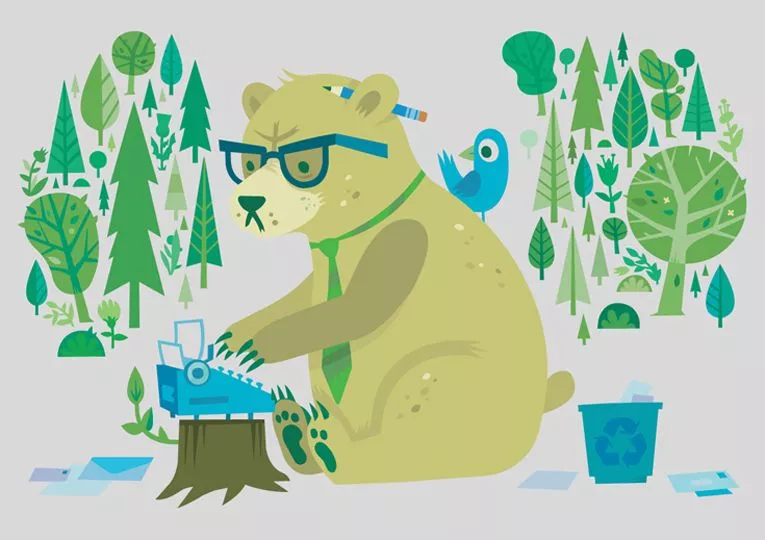Mr. Green, Which toilet tissue is most environmentally friendly?

Hey Mr. Green,
Which toilet tissue is most environmentally friendly? —Judith in North Wilkesboro, North Carolina
You can find the greenest (if not necessarily the softest, most alluringly perfumed, or inspiringly decorated) toilet paper at the Natural Resources Defense Council's site. NRDC—one of my favorite watchdogs—may its barks, yips, and howls resound across the land—ranks about 50 brands, ranging from those made with 100 percent recycled paper, a large part of which is post-consumer and processed without harmful chlorine. Among the more widely available green brands with these virtues are CVS pharmacies’ Earth Essentials, Seventh Generation, Green Forest, Marcal, Trader Joe’s, and 365 from Whole Foods.
In the mid-range of the greener big-name brands, which use a smaller amount of post-consumer recycled paper than the top-rated ones, are Scott Naturals from Kimberly-Clark and Soft ’N Gentle from Georgia-Pacific.
At the bottom, where NRDC gives red no-no marks instead of green lights, are tissues that either contain zero recycled content or whose manufacturers did not respond to questions about recycling content or bleaching processes, among which are Quilted Northern and Charmin, and the house brands of Safeway, Target, and Walmart. NRDC also provides ratings of facial tissue, paper napkins, and towels at the same site.
Now if you’re a politically excitable type, you might like to know that Georgia-Pacific is owned by the Koch brothers, the billionaire oil magnates who may well be the nation’s Number One enemies of the environment. When they bought the company, the New York Times said that the Kochs “may be a perfect fit” with Georgia Pacific. Well, they do give me perfect fits, especially with their attempt to buy elections and wipe out green politicians, using tactics considerably abrasive than the lowest-quality, scratchiest toilet paper. They are so loaded they could use $100 bills for their personal hygiene—and not even feel it.
 The Magazine of The Sierra Club
The Magazine of The Sierra Club



